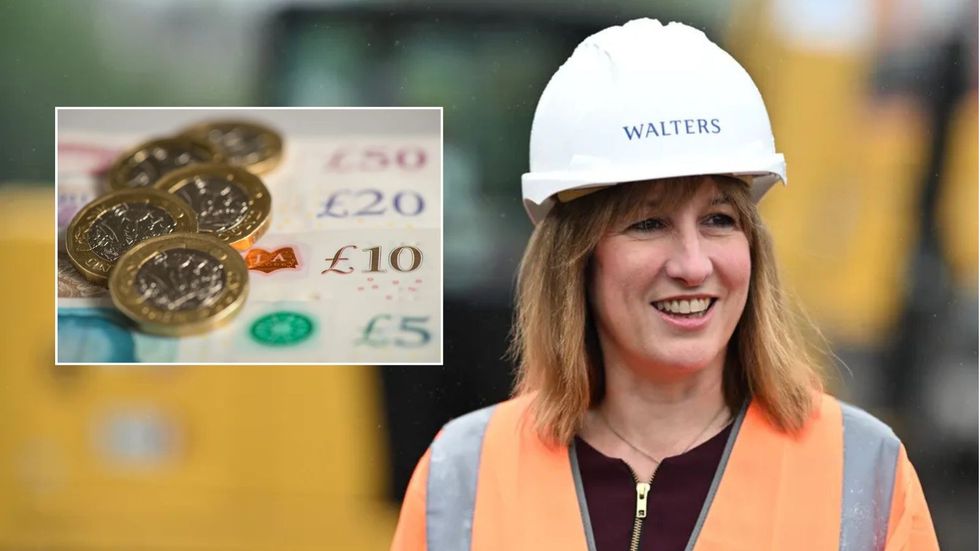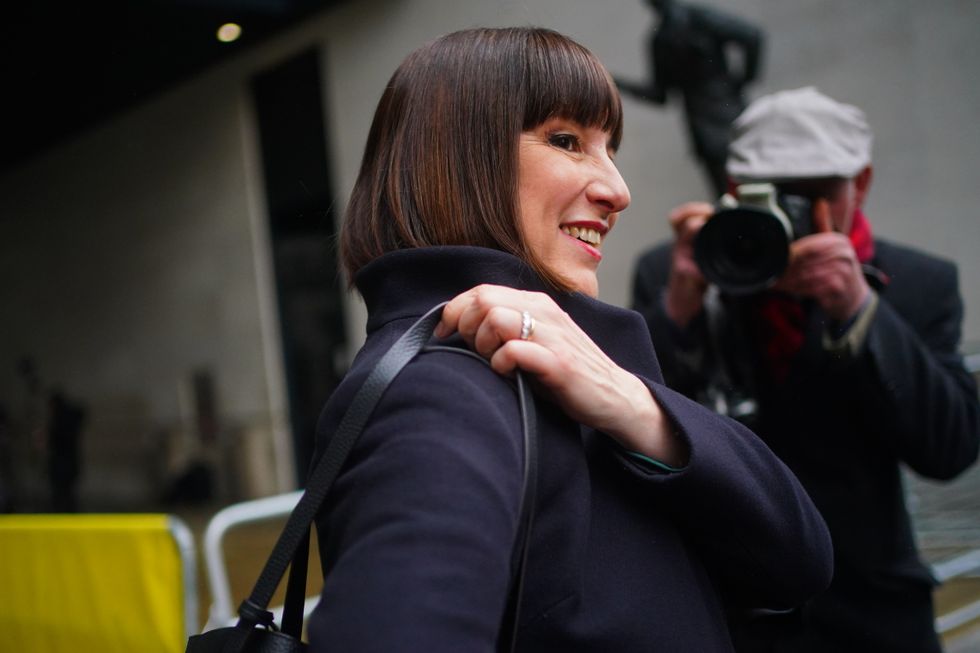A leading economic think tank has urged Rachel Reeves to adopt a revenue-neutral tax swap that would reduce national insurance contributions while increasing income tax rates.
The Resolution Foundation’s proposal involves cutting national insurance by two percentage points and raising income tax by the same amount.
The think tank says this fiscal move would raise around £6billion for the Treasury.
It argues the reform would also address inequities within Britain’s taxation system.
Do you have a money story you’d like to share? Get in touch by emailing money@gbnews.uk.
The plan would broaden the tax base by ensuring pensioners and property landlords contribute alongside employed workers.
The Foundation says the change would create greater parity across different taxpayer groups.
It would mark a departure from the current system, which treats income sources differently.
The think tank has calculated that the Chancellor must secure £20billion in additional tax revenue by the 2029-30 financial year.

This figure stems from higher borrowing costs, weak productivity growth and new spending pressures.
The organisation says Ms Reeves must act decisively on taxation to reassure financial markets.
It argues bond markets need proof that Britain’s public finances remain under control.
Without significant revenue increases, the Foundation warns the Chancellor risks worsening borrowing conditions.
The autumn Budget is seen as a key opportunity to demonstrate fiscal responsibility and deliver reforms that address both immediate revenue needs and longer-term challenges.

Adam Corlett, principal economist at the Resolution Foundation, said cutting national insurance and increasing income tax “should form part of wider efforts to level the playing field on tax”.
The group has also set out other revenue-raising options beyond the tax swap.
These include higher dividend tax rates and tackling what it describes as a “worrying” rise in unpaid corporation tax among small businesses.
The Foundation also recommends carbon levies on international flights and shipping, as well as expanding taxes on sugar and salt.
It proposes gradually lowering the VAT registration threshold from £90,000 to £30,000.
This would “promote fair competition” and generate an estimated £2billion annually by 2029-30, according to its calculations.

The Government has repeatedly stressed its commitment to manifesto pledges ruling out rises in income tax, national insurance or VAT.
This leaves Ms Reeves facing a difficult challenge as she balances election promises with fiscal needs.
While the Resolution Foundation projects a £20billion requirement, other assessments put the figure as high as £51billion.
Such different estimates highlight the uncertainty around Britain’s fiscal position.
The Chancellor will present her Budget on November 26, where she must balance campaign commitments with borrowing rules she has set for herself.
The competing pressures leave limited scope for manoeuvre.
LATEST DEVELOPMENTS:
- Bank of England base rate decision: What does it mean for your pensions, savings and mortgage?
- Tax raid on millions pushes surge in cash ISA ‘demand’ as Britons rush to protect savings
- Yorkshire Building Society launches savings account with ‘inspiring’ 6% interest rate
The scale of the revenue challenge may ultimately test the boundaries of manifesto pledges.
Mr Corlett said: “Policy U-turns, higher borrowing costs and lower productivity growth mean that the Chancellor will need to act to avoid borrowing costs rising even further this autumn.”
He warned that while new revenue measures will be difficult, Ms Reeves must avoid placing more pressure on workers’ earnings.
The Resolution Foundation’s analysis highlights the balance the Chancellor must strike.
She faces the task of convincing markets of fiscal discipline while protecting households already affected by previous tax decisions.
The November Budget will test her ability to deliver policies that satisfy both economic pressures and electoral promises.
Our Standards:
The GB News Editorial Charter







Follow